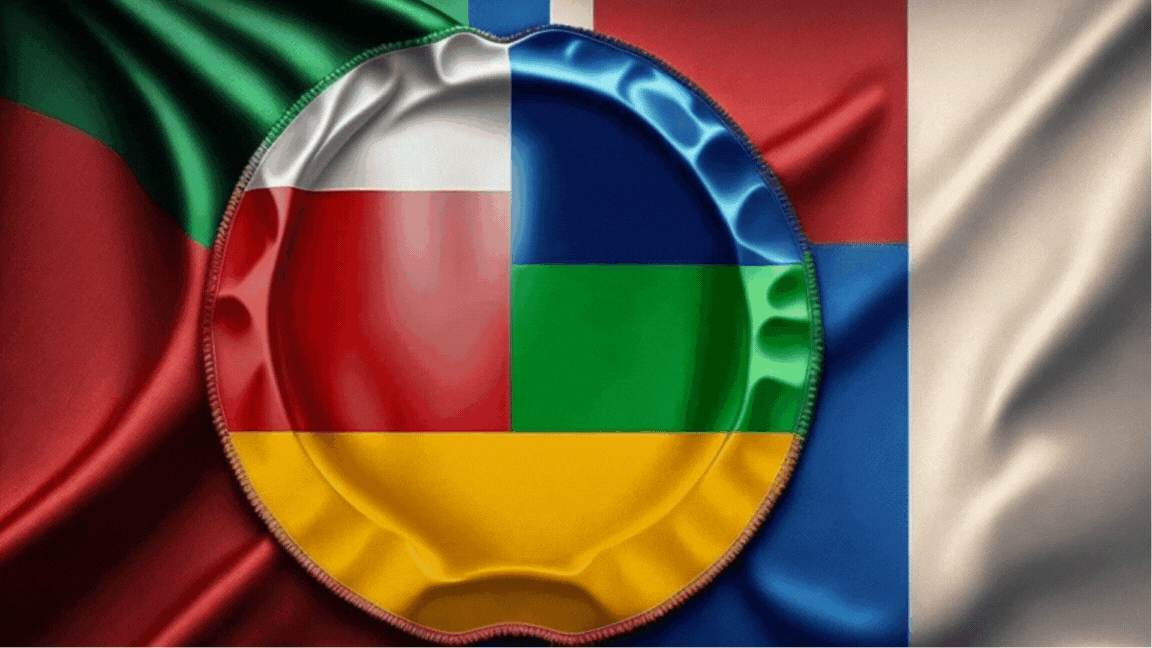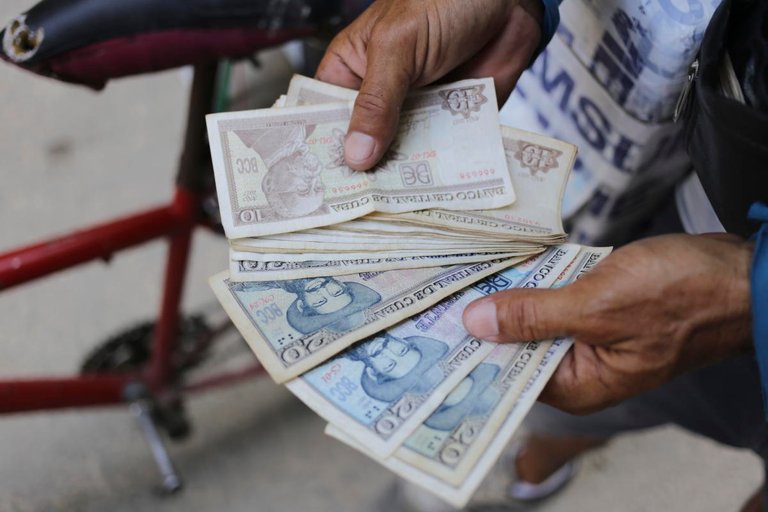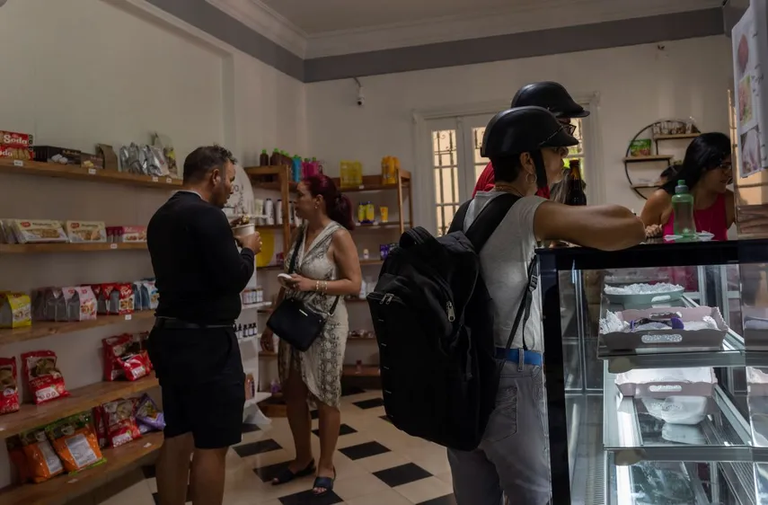
Cuba and its bearish chart
It was 5:35 in the morning in Cuba as I began to draft this post. I was awake since 3 o'clock, after another blackout that made sleeping impossible. I am in my homeland in the eastern part of the country, an area full of good people who have been forgotten and abandoned by fate somehow. Here the blow of the humongous crisis torpedoing the nation is always felt more strongly. I spend practically the whole year working in Havana, so I do not suffer the same (hard) fate as my relatives most of the time. It is not that life in the capital is an eternal "pump", but it has nothing to do with this eastern chart, always "bleeding". The general drama of the country is this, an abyssal economic dip that perpetuates itself, without finding a zone of resistance to start a reversal.
The point is what's next for us. There is nothing new or good on the horizon. No "ally" seems to have enough muscle to pull the country out of the quagmire. Venezuela has its problems, while the help from Russia, China, Mexico, and others is not regular and sound enough. The government is not able to lift agriculture, and its import capacities do not allow it to maintain a continuous flow of fuel and food. To make matters worse, instead of seeking consensus with the private sector, the authorities are trying to impose a road map with price ceilings and other measures that do not contribute to generating a positive climate, which translates into what we know as suppressed inflation in the economy.
 Cuban pesos (source).
Cuban pesos (source).Meanwhile, from the United States, a very strong threat arises with the candidacy of Donald Trump, whose previous administration knew how to hit the hepatic zone of the extremely vulnerable Cuban finances, with pernicious effects that persist to this day. But perhaps as the Palace of the Revolution prepares for the worst scenario—the closest thing to a naval blockade as in 2019, with John Bolton in the West Wing—the country will finally embark on the path of organic development, managing to unite the efforts of its good sons and daughters above differences and rhetoric. That path implies changing investment priorities, closing the way to spending on more hotel infrastructure in favor of promoting agriculture and the national industry.
It also requires working with the private sector to generate good trade dynamics in close partnership, taking advantage of its proven capacity to import foodstuffs without stopping dreaming that it can produce value here beyond mere imports. And finally, we need to unblock all the ways that discourage business with foreign investors, so that no obstacle is the responsibility of the Cuban government, and only Washington's restrictive policies are the headache of foreign entrepreneurs, which is already enough.
 Cubans in a private store (source).
Cubans in a private store (source).This is the only way the country will be able to overcome the bearish sentiment that the market is predicting for the coming months, between new lurches of the authorities in terms of economic policy and a potential tightening of U.S. sanctions—if that is possible—via Trump. We are "saved" for the moment from having Marco Rubio as vice-presidential candidate—it remains to be seen whether Trump bets on him for Secretary of State, an even more influential position. Bob Menéndez is no longer directing foreign policy from the Senate, and yet nothing indicates a relaxation, not even with Kamala Harris, who in a tentative first term will not make sudden moves in relations with Cuba. The big green candle will have to be generated by our efforts. Will see.
Your quick regional roundup
The president-elect of Mexico defended the security management of her political godfather Andrés Manuel López Obrador, after Donald Trump's harsh statements about the strength of organized crime in the Aztec nation, to the point of having the capacity, according to the former U.S. president, of “removing the president of Mexico in two minutes”. “I do not agree (...) Mexico has made progress in reducing insecurity and we will make even more progress,” riposted Sheinbaum.
It remains true, however, that violence continues to be an overwhelming phenomenon in certain areas such as the border state of Chiapas. There, many citizens have been forcibly displaced to neighboring Guatemala because of the onslaught of organized crime. President Bernardo Arevalo stated that his government is assisting "to people [...] escaping [from] this confrontation between [drug] groups that [takes] place on the Mexican side".
Panamanian authorities announced the discovery of the bodies of ten migrants who drowned in a flood while crossing the Darien Gap. “Transnational organized crime through local collaborators in [...] Caribbean coastal communities insist on using unauthorized crossings, putting the lives of these people at serious risk, as is the case under investigation,” they said in a statement.
And this is all for our report today. I have referenced the sources dynamically in the text, and remember you can learn how and where to follow the LATAM trail news by reading my work here. Have a nice day.

